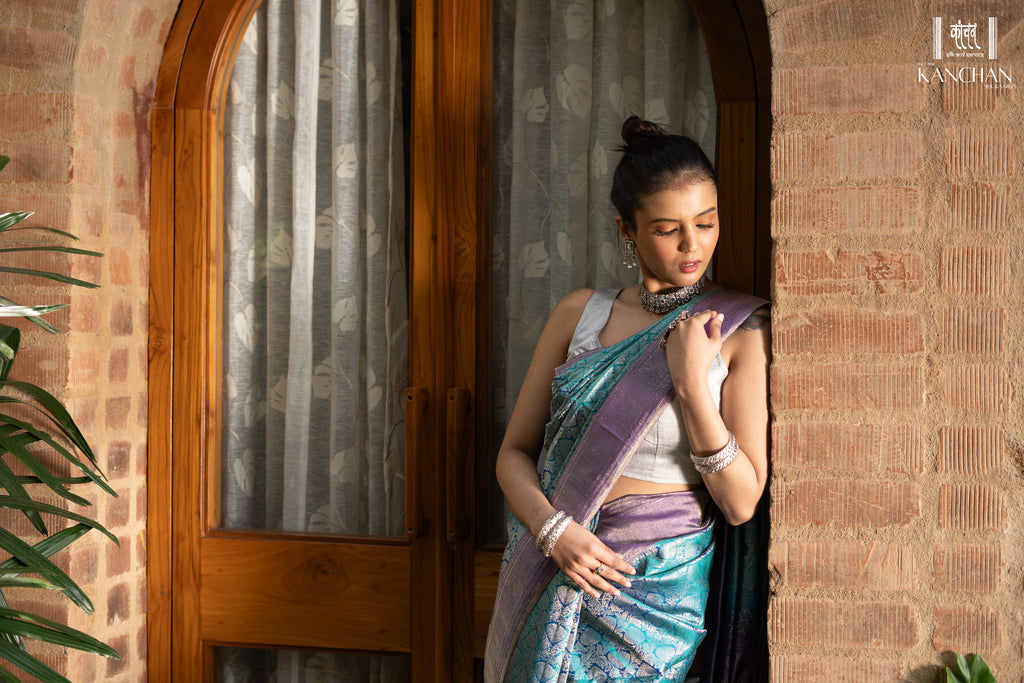1. Read the Label
Always check the care label for specific instructions related to washing, drying, and ironing.
2. Hand Wash for Cotton
Cotton ethnic wear can often be hand washed in cold water with a mild detergent. Gently rub the fabric and avoid twisting or wringing to prevent damage.
3. Dry Cleaning for Other Fabrics
For fabrics other than cotton, such as silk, chiffon, wool, and garments with heavy embellishments like embroidery, zari, or sequins, dry cleaning is recommended. This is crucial for the longevity of the fabric and to maintain its quality and appearance.
4. Avoid Bleach
Do not use bleach on ethnic garments as it can damage the fabric and cause colors to fade.
5. Drying
Dry garments in shade, away from direct sunlight, to prevent color fading. Lay the garment flat on a towel to dry, especially for knitwear and delicate fabrics, avoiding the use of a dryer.
6. Ironing
Iron on a low heat setting and preferably on the reverse side of the fabric to prevent damage to prints or embellishments. Use a pressing cloth between the garment and the iron for silks and other delicate fabrics.
7. Storage
Store ethnic wear in a cool, dry place. Use padded hangers for sarees and lehengas to maintain their shape and avoid creases. Wrap in soft cotton fabric or muslin cloth for protection from dust and moisture.
Special Tips
Immediately address stains by gently blotting with cold water for cotton fabrics. For other materials, consider professional cleaning to avoid setting the stain.
Additional Note
Excluding cotton, every fabric benefits from dry cleaning, as it helps in the preservation and longevity of the material, ensuring that the vibrant colors and intricate details of your ethnic wear remain in excellent condition over time.
When in doubt, especially with high-value or intricately designed pieces, consulting with a professional dry cleaner is always a safe and recommended choice.
































